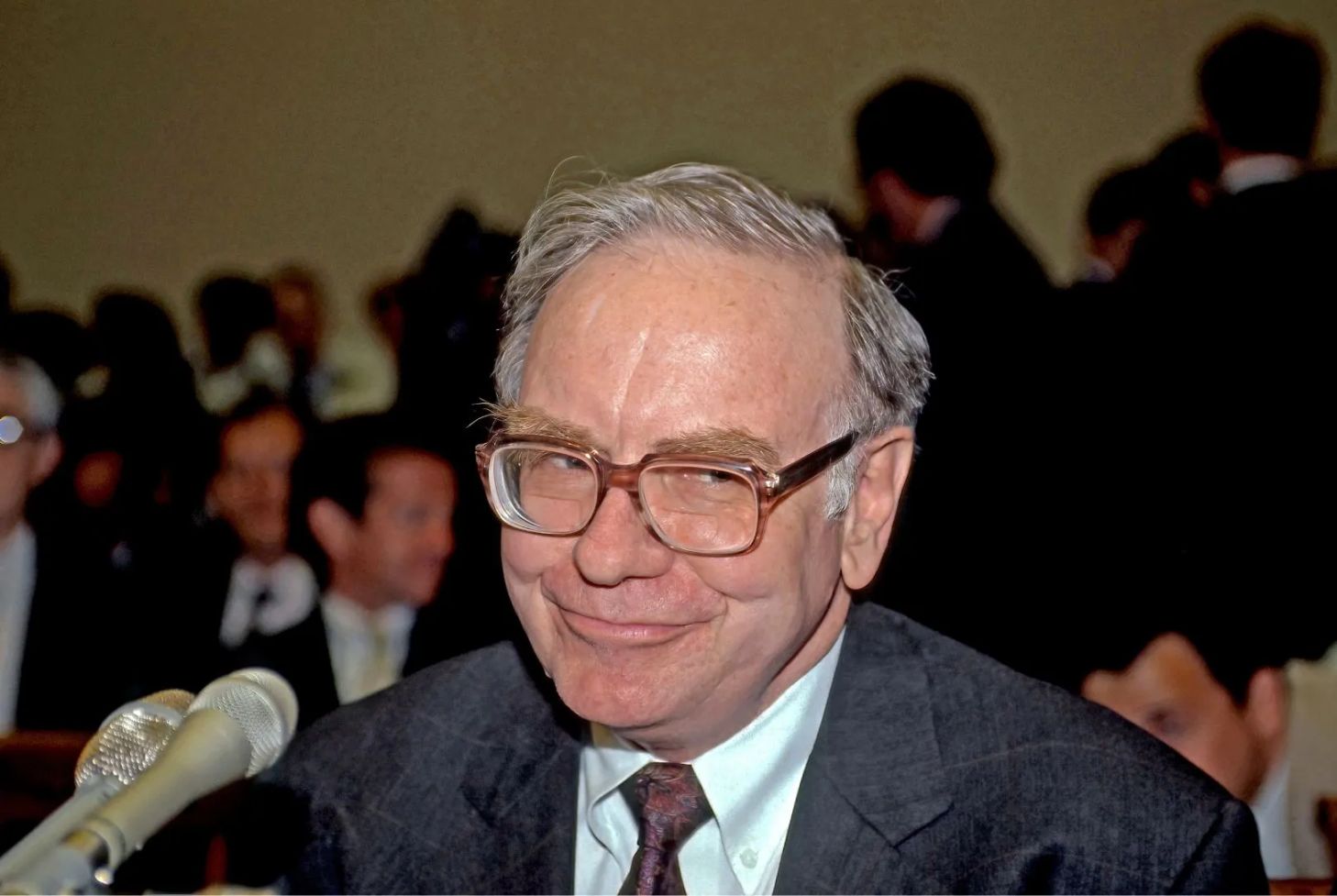Does Buffett's retirement signal the end of the era of traditional finance's criticism of cryptocurrencies?
Written by: Sanqing, Foresight News
Original Title: The World's Most Hated Bitcoin Critic Has Retired
On November 11, Warren Buffett released his final letter to shareholders, announcing that he would step down as CEO of Berkshire Hathaway at the end of the year and continue to accelerate the donation of his shares. This letter, which begins with "I'm going quiet," marks the curtain call of a legend who shaped investment philosophy with rationality, compound interest, and long-termism.
However, in the crypto world, the "Oracle of Omaha" and his long-time partner Charlie Munger have left behind a decade-long "negative timeline." From "rat poison squared" to "crypto shit," they have almost epitomized traditional finance's most thorough resistance to the crypto narrative.
Buffett: Rational Disbelief
Shortly after the birth of bitcoin, Buffett was first asked about it in 2013. At that time, he simply stated that he had "no plans to turn to bitcoin." A year later, at the shareholders' meeting, he called bitcoin a "mirage," reasoning that "it neither generates cash flow nor has intrinsic value."
In 2017, as bitcoin prices soared, he publicly criticized it again as a "bubble," comparing it to "tulip mania." The following year, his phrase "bitcoin is rat poison squared" became iconic in the industry, making "rat poison" the most classic satirical label for bitcoin.

Buffett's logic has always been consistent: bitcoin is not a productive asset, it cannot be valued, and it cannot generate cash flow. He bluntly said, "Even if you offered me all the bitcoin in the world for $25, I wouldn't buy it."
This judgment stems from his consistent value investing creed. He believes that returns come from corporate profits, not from speculation between traders. For Buffett, bitcoin is neither a company nor an asset, but a bottomless price-passing game. Rationality led him to stay away, not participate.
Munger: Emotional Aversion
Compared to Buffett's calm skepticism, Munger's attitude toward cryptocurrency was almost a moral rejection.
"Disgusting," "stupid," "evil," "poison," "venereal disease," "crypto shit"—these words all came from him. In 2018, he bluntly said, "The hotter bitcoin gets, the more I hate it."
At the 2022 Daily Journal annual meeting, he used a sarcastic tone, saying, "Cryptocurrency is like a venereal disease, I wish it would be banned immediately." At the shareholders' meeting that same year, he added, "I've spent my life avoiding three things: stupid, evil, and making me look bad, and bitcoin combines all three."

In Munger's view, cryptocurrency cloaks speculation in idealism and is a regression of financial civilization. He was not discussing asset attributes, but warning against a slide in values, where "wanting to get rich" replaces "wanting to create" as a social motivation.
Berkshire's "Crypto Footnote"
Berkshire has never directly held any crypto assets on its balance sheet, but it is not without ties to the crypto world. In 2021, Berkshire invested a total of $750 million in Brazil's digital bank Nu Holdings before and after its IPO. This is a fintech company focused on digital credit and financial inclusion, but since its listing, Nu has successively launched Nubank Cripto and bitcoin ETF services, becoming one of the most active retail crypto trading gateways in Latin America. In other words, Berkshire indirectly bet on a bank doing crypto business.
It did not invest in bitcoin itself, but in the financial infrastructure boosted by the crypto boom. However, this investment is also seen as Berkshire's "limited compromise." They didn't buy coins, but acknowledged that the market is changing; they don't believe in crypto, but can't deny that it is creating new users, liquidity, and profit models. This was Berkshire's first taste of crypto, but the approach remained rational and the path conservative.
Rational Curtain Call, Debate Continues
Now, Munger has passed away, and Buffett is about to hand over the reins. An era that took cash flow and compound interest as its creed seems to be coming to an end, but the market will not stop with their departure.
The issuance of crypto asset ETFs is increasing, and sovereign funds and asset management giants are paying more attention to crypto asset allocation. Crypto assets and blockchain technology are also partially leading the innovation of Fintech 2.0. A new generation of investors plans to build their own "rationality" amid the volatility of digital assets.
Buffett and Munger do not believe in the algorithmic logic of this world, but their skepticism makes the story more complete. They represented the order of one era, while crypto represents the imagination of another.
Disclaimer: The content of this article solely reflects the author's opinion and does not represent the platform in any capacity. This article is not intended to serve as a reference for making investment decisions.
You may also like

Interpretation of the Fusaka Upgrade: Scaling, Cost Reduction, Acceleration—Another "Performance Leap" for Ethereum
After Fusaka, will Ethereum usher in a brand new growth cycle?

Data manipulation? The real logic behind Polymarket's 10 billion valuation is...


![[Bitpush Daily News Highlights] US Treasury Secretary Bessent: Stablecoin market size may grow to $3 trillion by 2030; Canary XRP ETF has completed listing certification on Nasdaq and will begin trading at market open; Federal Reserve mouthpiece: Most regional Fed voting members are not enthusiastic about a rate cut in December; SEC plans to introduce a “token taxonomy”: anchored to the Howey Test, exploring crypto assets](https://img.bgstatic.com/multiLang/image/social/2784dd8e7bd27fe052703623026817c01762923962365.png)